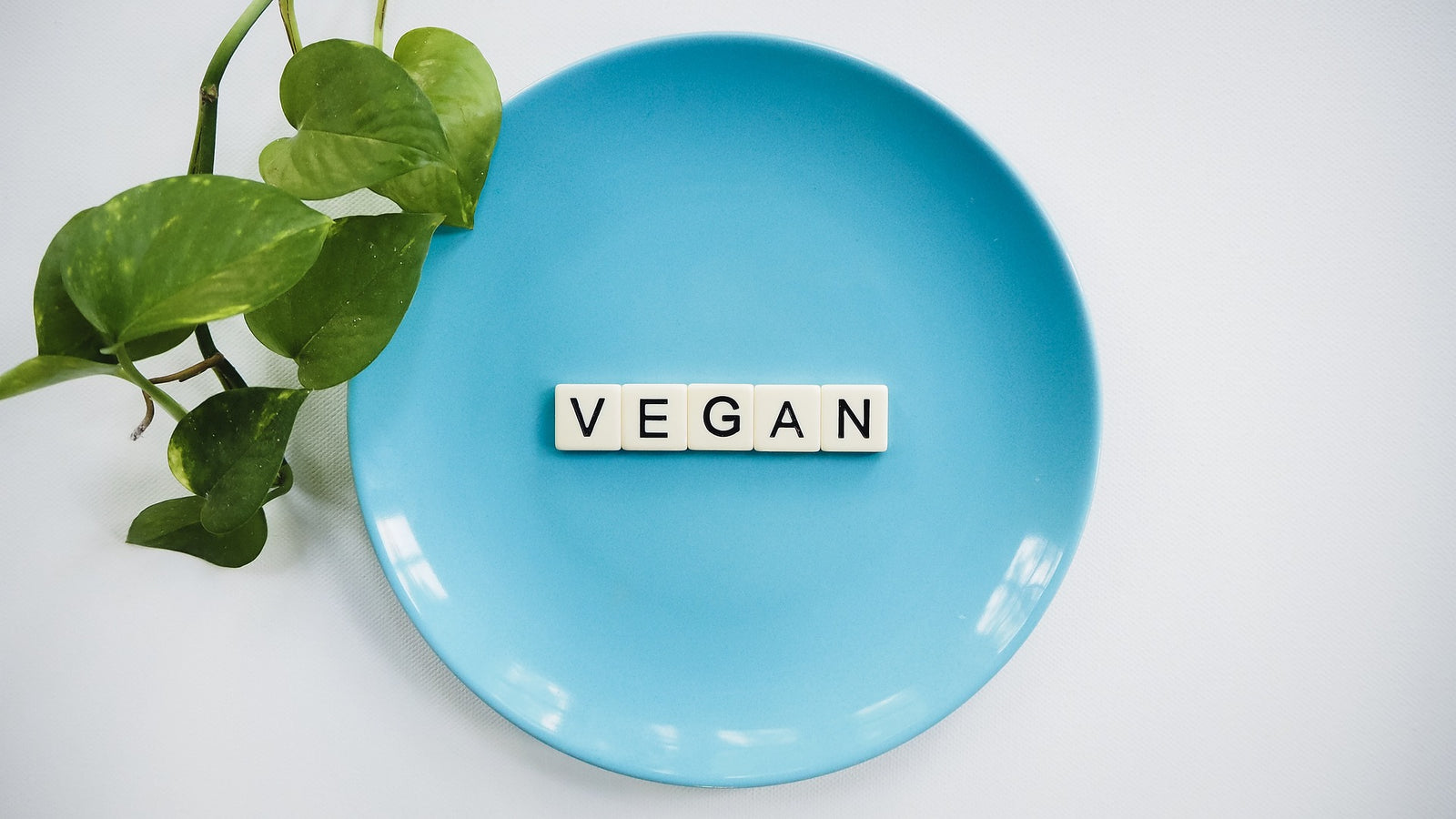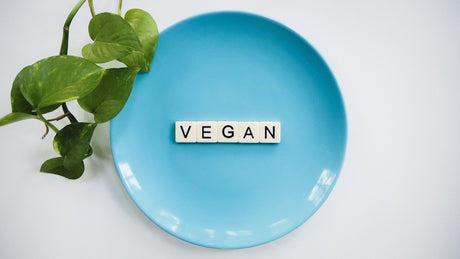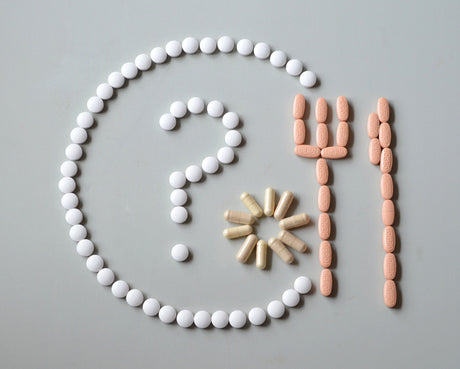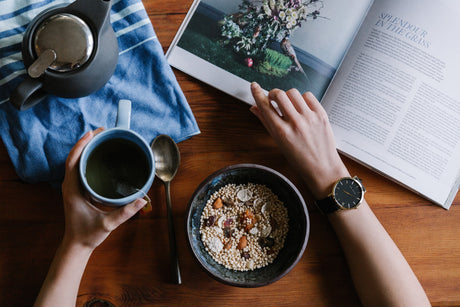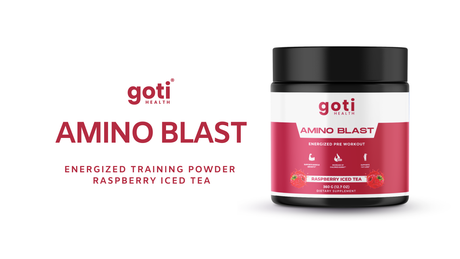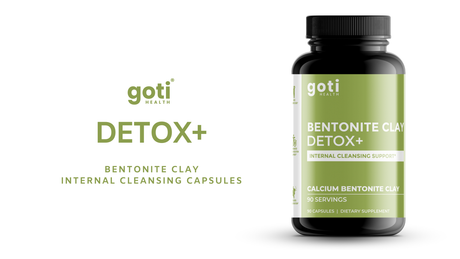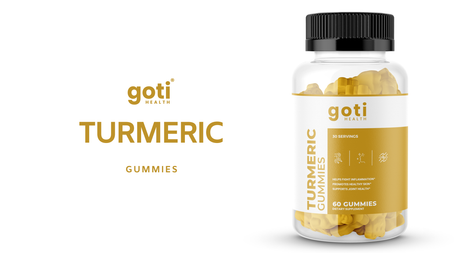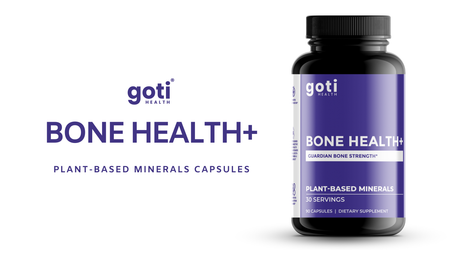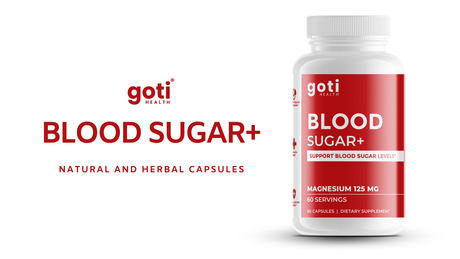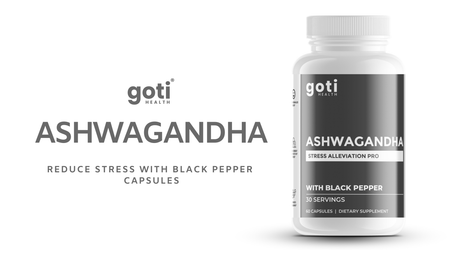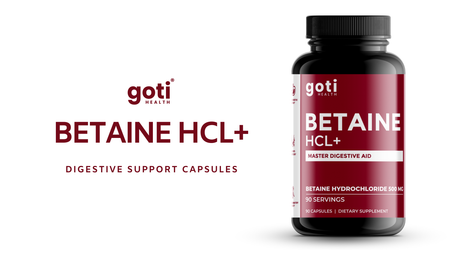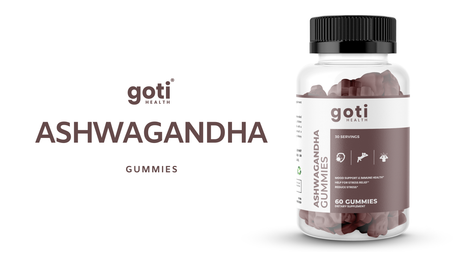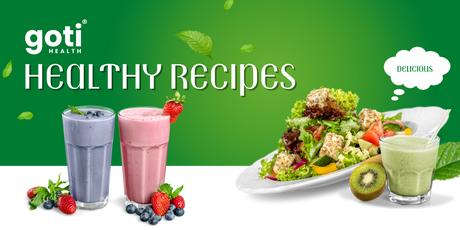Introduction
As more people embrace plant-based diets, the search for high-quality plant protein sources becomes even more important. Whether you're vegan, vegetarian, or simply looking to incorporate more plant-based meals into your routine, it's essential to know which protein sources provide the most nutritional bang for your buck—and which ones may not be as beneficial. In this blog, we’ll break down the best and worst plant-based protein options, as well as how to incorporate them into a balanced diet for optimal health.
The Best Plant-Based Protein Sources
1. Lentils
Lentils are one of the most nutrient-dense and protein-rich plant foods. Packed with fiber, iron, and potassium, lentils are a versatile and affordable source of plant protein. A single cup of cooked lentils provides about 18 grams of protein, making them an excellent choice for building and maintaining muscle mass.
-
Why It's the Best: Lentils are not only high in protein but also packed with fiber, which aids digestion and keeps you feeling full longer. They're also rich in essential nutrients like iron, which is often lacking in plant-based diets.
-
Goti Health Insight: Incorporate more plant-based proteins into your diet with Goti Health’s Plant-Based Protein Powders for an easy way to boost your protein intake on the go.
2. Quinoa
Quinoa is a complete protein, meaning it contains all nine essential amino acids that your body cannot produce on its own. It's also gluten-free and high in fiber, magnesium, and antioxidants. With about 8 grams of protein per cup, quinoa is a great base for salads, grain bowls, or as a side dish to your favorite meals.
-
Why It's the Best: As a complete protein, quinoa is especially beneficial for those following a plant-based diet. Its versatility and nutrient profile make it a great option for any meal.
-
Goti Health Tip: Pair quinoa with other plant-based foods like beans or tofu for a nutrient-dense, protein-packed meal.
3. Chickpeas (Garbanzo Beans)
Chickpeas are another powerhouse of plant-based protein, providing about 15 grams of protein per cup. In addition to being high in protein, chickpeas are a great source of fiber, manganese, and folate. They can be roasted for a crunchy snack, blended into hummus, or added to salads and stews.
-
Why It's the Best: Chickpeas offer a rich source of protein and fiber, making them great for digestion and keeping you satisfied longer.
-
Goti Health Insight: Enhance your plant-based meals with Goti Health’s Superfoods Collection, packed with nutrient-rich options like chickpeas and other legumes.
4. Hemp Seeds
Hemp seeds are a complete protein, containing all nine essential amino acids, and are rich in omega-3 fatty acids, which support heart and brain health. With about 10 grams of protein per 3 tablespoons, hemp seeds are an easy way to add plant-based protein to smoothies, salads, and baked goods.
-
Why It's the Best: Hemp seeds provide not only protein but also healthy fats, making them a great addition to any plant-based diet for overall well-being.
-
Goti Health Tip: Sprinkle hemp seeds on your breakfast bowl or mix them into your smoothies for a simple protein boost.
The Worst Plant-Based Protein Sources
1. Rice Protein (Alone)
While rice protein is often included in plant-based protein blends, relying solely on rice protein can be problematic. Rice protein is low in the essential amino acid lysine, making it an incomplete protein source. It’s also high in arsenic, which can accumulate in rice over time.
-
Why It’s Not Ideal: While rice protein can still be part of a balanced diet, it's important to combine it with other plant proteins, such as pea protein, to ensure you’re getting a complete amino acid profile.
-
Goti Health Insight: If you're looking for a complete protein, Goti Health’s Plant-Based Protein Powders combine multiple plant proteins to provide all nine essential amino acids.
2. Corn Protein
Corn is often considered one of the less desirable plant protein sources because it’s low in several essential amino acids, particularly lysine and tryptophan. Corn also lacks many other nutrients, which means it doesn't offer the same health benefits as other plant-based proteins.
-
Why It’s Not Ideal: Corn protein is incomplete and lacks the range of nutrients that other plant-based proteins provide, making it less effective for those looking to maintain or build muscle.
-
Tip: Use corn as part of a varied plant-based diet, but don't rely on it as your primary source of protein.
Everything In Between: Moderately Beneficial Plant-Based Proteins
1. Pea Protein
Pea protein is an excellent plant-based protein for most people, offering a solid amino acid profile, though it’s slightly low in methionine. When combined with other plant proteins, such as rice or hemp, pea protein can provide a complete protein profile. Pea protein is also hypoallergenic and easy to digest, making it a popular choice for protein powders.
-
Why It’s Beneficial: Pea protein offers a good balance of essential amino acids and is easy on the stomach, making it a versatile option for most people, especially when combined with other proteins.
-
Goti Health Insight: Goti Health’s Plant-Based Protein Powders contain pea protein blended with other sources to create a complete, nutrient-rich option.
2. Soy Protein
Soy protein is a complete protein and is one of the most common plant-based protein sources in vegetarian and vegan diets. However, soy is often genetically modified, and some people may have concerns about its estrogen-like compounds, which can interfere with hormone balance. Despite these concerns, soy protein is still a solid option for most people when consumed in moderation.
-
Why It’s Beneficial: Soy provides all nine essential amino acids and is widely available in many plant-based products, making it a convenient protein source.
-
Tip: If you consume soy, opt for organic, non-GMO sources to minimize potential risks.
Takeaway: Finding Balance in Plant-Based Proteins
The best plant-based proteins are those that offer a complete amino acid profile, are rich in other essential nutrients, and are easy to incorporate into your diet. While lentils, quinoa, and chickpeas shine as top-tier options, lower-quality proteins like corn and rice should be consumed in combination with other protein sources to ensure nutritional balance.
By mixing and matching plant proteins and opting for high-quality sources, you can ensure you're getting all the essential nutrients your body needs.
How Goti Health Can Support Your Plant-Based Protein Needs
At Goti Health, we understand the importance of high-quality plant proteins in supporting a balanced, healthy diet. Our Plant-Based Protein Powders are formulated with a blend of complete proteins to ensure you get all the essential amino acids your body needs for muscle growth, recovery, and overall health. Explore our range of Superfoods to complement your plant-based diet with nutrient-dense options that support your wellness goals.
Final Thoughts
Choosing the right plant-based proteins can make a significant difference in your health and fitness journey. By focusing on high-quality sources like lentils, quinoa, and chickpeas, and avoiding less effective options like corn and rice protein, you can ensure that your body is getting the nutrients it needs to thrive. Explore Goti Health’s Plant-Based Supplements to enhance your plant-based diet and stay "Good on the Inside."
